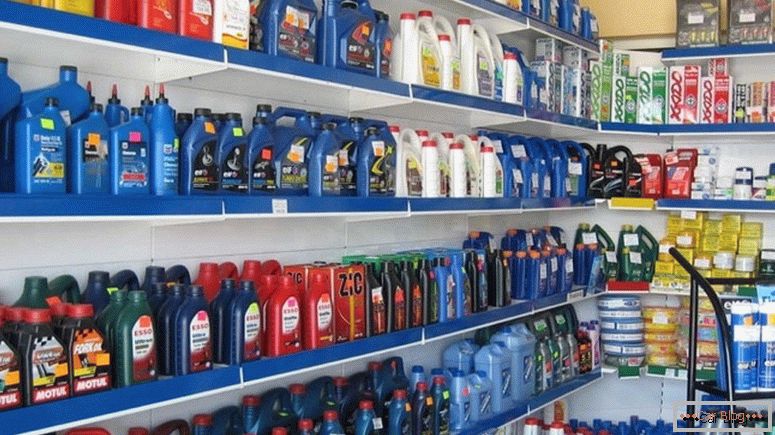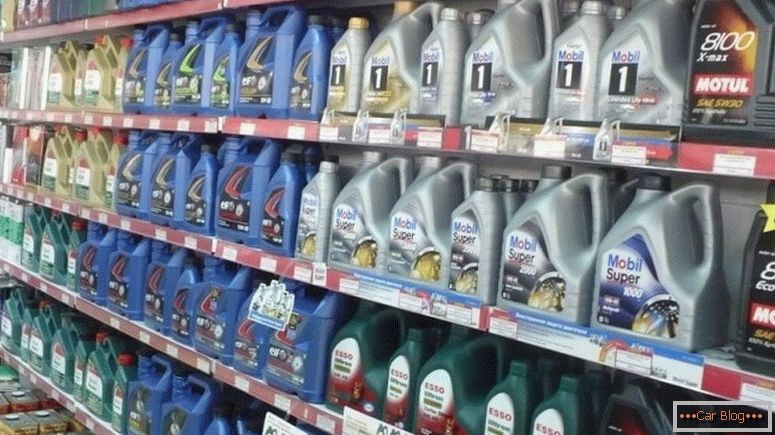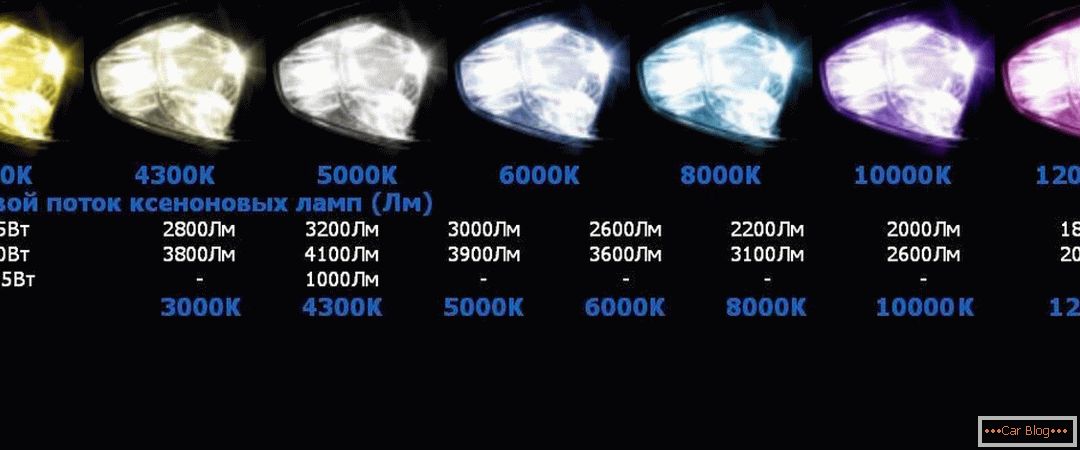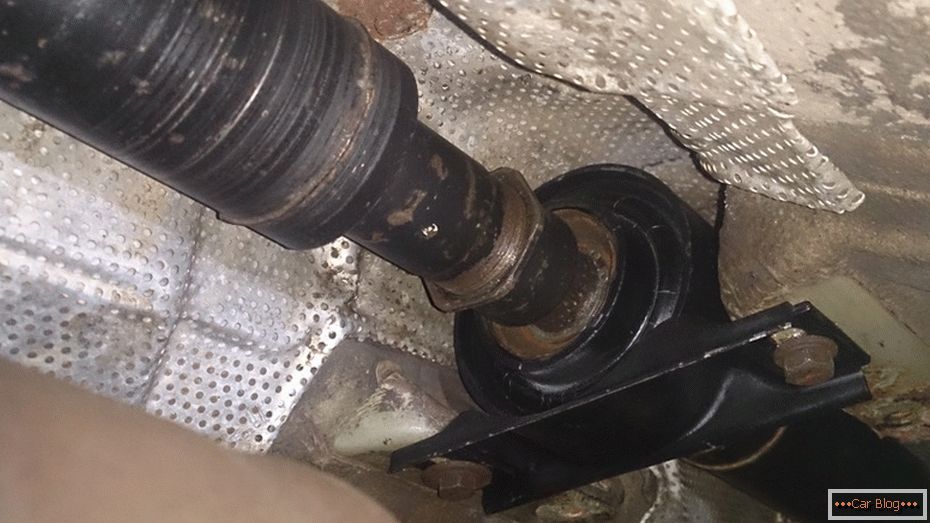Specialized winter and summer oils are currently practically not used. They were replaced all-season, designed for year-round use. So it is not necessary to change the oil in the car before the onset of winter. But those motorists are doing the right thing, who change the oil before winter operation, if before its planned replacement remains 1-2 thousand km of run. In winter, the engine has to work in much more difficult conditions than in summer, and fresh oil can facilitate its work.
Content
- 1 We will deal with the designations of motor oils
- 2 Oils from various manufacturers
- 3 So, what conclusions can be drawn
- 4 Winter service
We will deal with the designations of motor oils
Which motor oil is better to use in winter, taking into account its brand? The all-season oil has the letter W in the designation (winter - winter), and two digits, one of which stands before the letter, and the second after it. The first digit indicates the viscosity class at low temperature, the last - at high.

For example, if the designation has the form 5W30, this means that its viscosity at low temperature is 5, and at high - 30. This brand is recommended to be used in the temperature range from -25 ° C to + 20 ° C.
If the outdoor temperature in your area drops to minus 30, you will need 0W30 oil. The number 0 says that it is suitable for almost any subzero temperature.
The second number in the designation (high-temperature viscosity) has no effect on winter operation, since the operating temperature of the motor is the same in summer and winter. Below are data that allows you to choose a particular brand of oil, depending on air temperature.
- 0W30 - -30 ... + 20 ° C - suitable for very low temperatures, which can be observed in the central and northern regions of Russia;
- 0W40 – -30…+35°C;
- 5W30 - -25 ... +20 ° C - a brand with sufficient viscosity and quite good temperature exposure;
- 5W40 – -25…+35°C;
- 10W30 - -20 ... + 30 ° C - this brand is used in winter in the northern part of Europe;
- 10W40 - -20… + 35 ° C - universal, suitable for the summer season;
- 15W40 – -15…+45°C;
- 20W40 – -10…+45°C.

Compliance with oil viscosity and ambient temperature
To find out which oil is better for the winter, you need to pay attention to the following:
- If the car is in a heated garage, and during its operation a long stay in the cold is excluded, the requirements for lubricants can be significantly reduced. You can use all-season brand with sufficient viscosity, which will eliminate increased engine wear;
- If the temperature regime for the coming winter is unknown, it is better to give preference to engine oil with a low viscosity coefficient, for example, switch to 10W40 from 5W40;
- When replacing, it is desirable to keep the manufacturer unchanged, since all autooils of the same manufacturer are compatible with each other;
- Brand replacement is always an additional load on the motor. Therefore, it is advisable to carry out at least one oil change before the start of frost.
Oils from various manufacturers
So which car oil is the best for your car? The one that corresponds to the recommendations given by the manufacturer of the car.
The first thing to follow when choosing an oil is, of course, the instruction of the car manufacturer. It usually provides a list of oils that are fully compatible with the engine. But this list may be limited, so drivers apply not only those oils that are specified in the instructions.

The range of motor oils is huge
Another guideline when choosing is to give preference to a particular brand. The most popular oils of the following companies.
- Castrol - one of the most famous and popular oils that are in demand among motorists of all countries of Eurasia;
- Shell Helix - also quite a favorable option, for which there are many good consumer reviews;
- Lying - good quality, providing enhanced engine performance;
- ZIC - a brand with many years of positive operating experience;
- Car - A quality product of German petrochemistry, which is present in the markets of almost all countries.
Among Russian oils, the most popular are lubricants under the Lukoil brand, although it is still impossible to call them optimal for winter conditions. On the Internet, you can find a lot of negative feedback on the results of the operation of oils Lukoil. Those who want a guaranteed quality oil, it is better to apply European and American brands, although they are more expensive.
So, what conclusions can be drawn
The range of quality all-season automotive oils offered is truly huge. Ask yourself the question - what oil is better to pour in your car in the winter? - the motorist will find a dozen suitable options, each of which will be quite good. Do not just focus on one price. Saving a few hundred rubles, you may be faced with the fact that your car simply refuses to start after a long stop in the cold.
See also: How to repair a silencer without welding with tapeWinter service
Preparing a car for winter operation should not be limited to one attention to the brand of oil used. It is advisable to perform some additional work that can save a motorist from many winter problems. What kind of work?

What else you need to check in the car before winter
First of all, you need to serve everything that helps to cope with the main problem for the engine in the winter - a cold start. Check and, if necessary, repair all units involved in starting the engine. This is, first of all, the engine itself, the injection system, the battery, the starter. The state of the generator is very important, on which the readiness for heavy winter battery operation depends.
It is necessary to replace the car with all oils and liquids whose expiration date has expired or is nearing completion. These are not only engine and transmission oils, but also cooling and brake fluids, as well as hydraulic booster fluid. It must be remembered that after the expiration of the term, all non-freezing liquids may become freezing.
Taking into account the fact that in the winter time any small problem can turn into a major one, it is necessary to correct all minor problems before the onset of frost. The fact that in the warm season you can spend a few minutes, winter discomfort will require several hours. It is much faster and more pleasant to cope with all this before the onset of cold weather.



